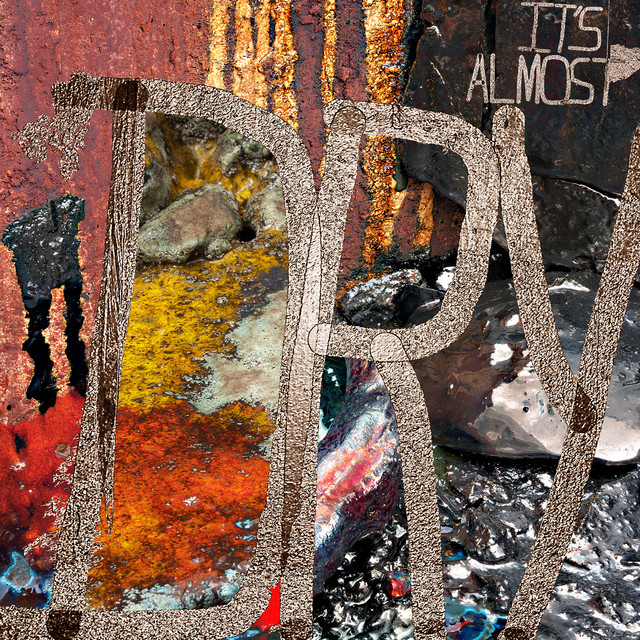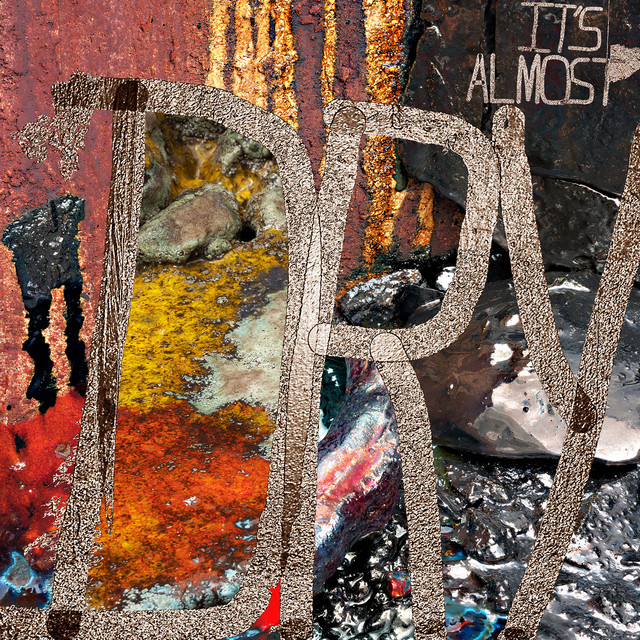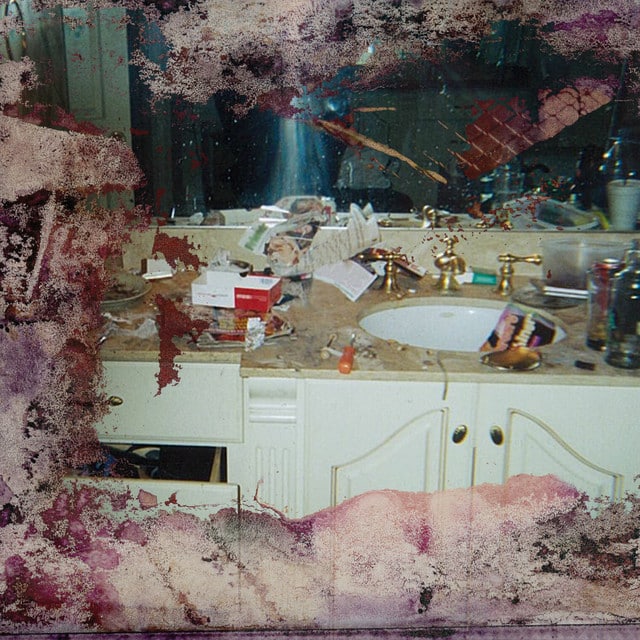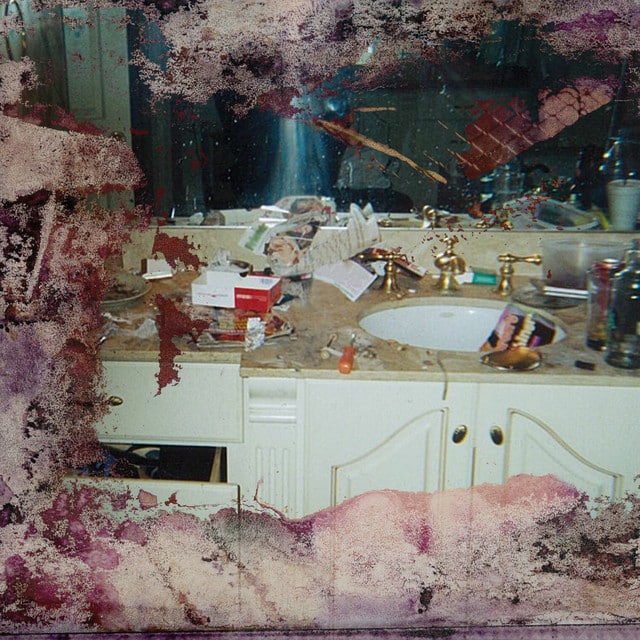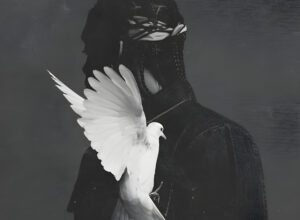Released: 2022
“Call My Bluff” by Pusha T is a raw cut of lyrical prowess that combines the world of drug dealing with the realities of street credibility and the facade some rappers maintain. Pusha T, known for his unapologetic and vivid storytelling, lays down a narrative that warns rivals and doubters alike to think twice before challenging his authenticity and connection to the streets. He uses a blend of personal anecdotes, street wisdom, and direct threats to convey his message. Now, let’s break it down.
The hook, “Everything don’t need to be addressed / The pull-up’s like a FedEx truck / I can send some niggas ’round there right now / 1-800-Call-My-Bluff,” is a bold statement of Pusha T’s readiness and willingness to confront his adversaries head-on. He’s saying that not every challenge or slight needs a response, but when it does, his retaliation will be swift and decisive, akin to the punctuality of a FedEx or Amazon delivery. The phrase “1-800-Call-My-Bluff” dares his rivals to test his resolve, emphasizing that he has the resources to deal with threats efficiently.
The verse delves into Pusha T’s background, highlighting his rise from the gritty realities of drug dealing in oceanfront motels and the influence of criminal figures who were akin to mentors. He weaves references to luxury and the trappings of success with acknowledgments of the dangerous and often violent path he’s navigated. The mention of “Buffalo shrimp from Mahi Mah’s” juxtaposed with “Coke deals upstairs at the Ramada” paints a vivid picture of his dual life—fine dining and drug dealing. Names like Antoine and Sean nod to real people who have been part of his journey, possibly associates or mentors in his past.
Pusha T also criticizes the current state of hip-hop, implicitly comparing his genuine experiences and the authenticity of his narratives to those of other rappers he views as more style than substance. He expresses a certain disdain for what he perceives as the superficiality and inauthenticity in the industry, poking fun at rappers who dress extravagantly (“Your favorite rapper’s dressing like Comic Con”) and chastising those who fabricate tales of drug peddling (“Imaginary shipments, fictitious payloads”).
In a reflective moment, Pusha T contrasts his desired audience with that of J. Cole, wishing for a fanbase that might appreciate more introspective or conscious rap, yet acknowledging his unique position and influence within the realm of “dope boys.” This line shows an awareness of the different lanes in hip-hop and a contemplation of his own legacy and impact. The references to not getting locked up and the ability to move in silence, without drawing negative attention (“We specialize in not getting locked up, Akon”), reiterate his street smarts and survival acumen.
Throughout “Call My Bluff,” Pusha T artfully blends his street credibility with his success in the music industry, using clever wordplay and vivid imagery. He issues a stern warning to doubters and fakers, asserting his position within the hip-hop hierarchy. His message is clear: he’s not to be underestimated or challenged lightly. Pusha T’s lyrical dexterity and depth of storytelling shine, cementing his status as a kingpin both in the drug game narratives and in the rap game.
